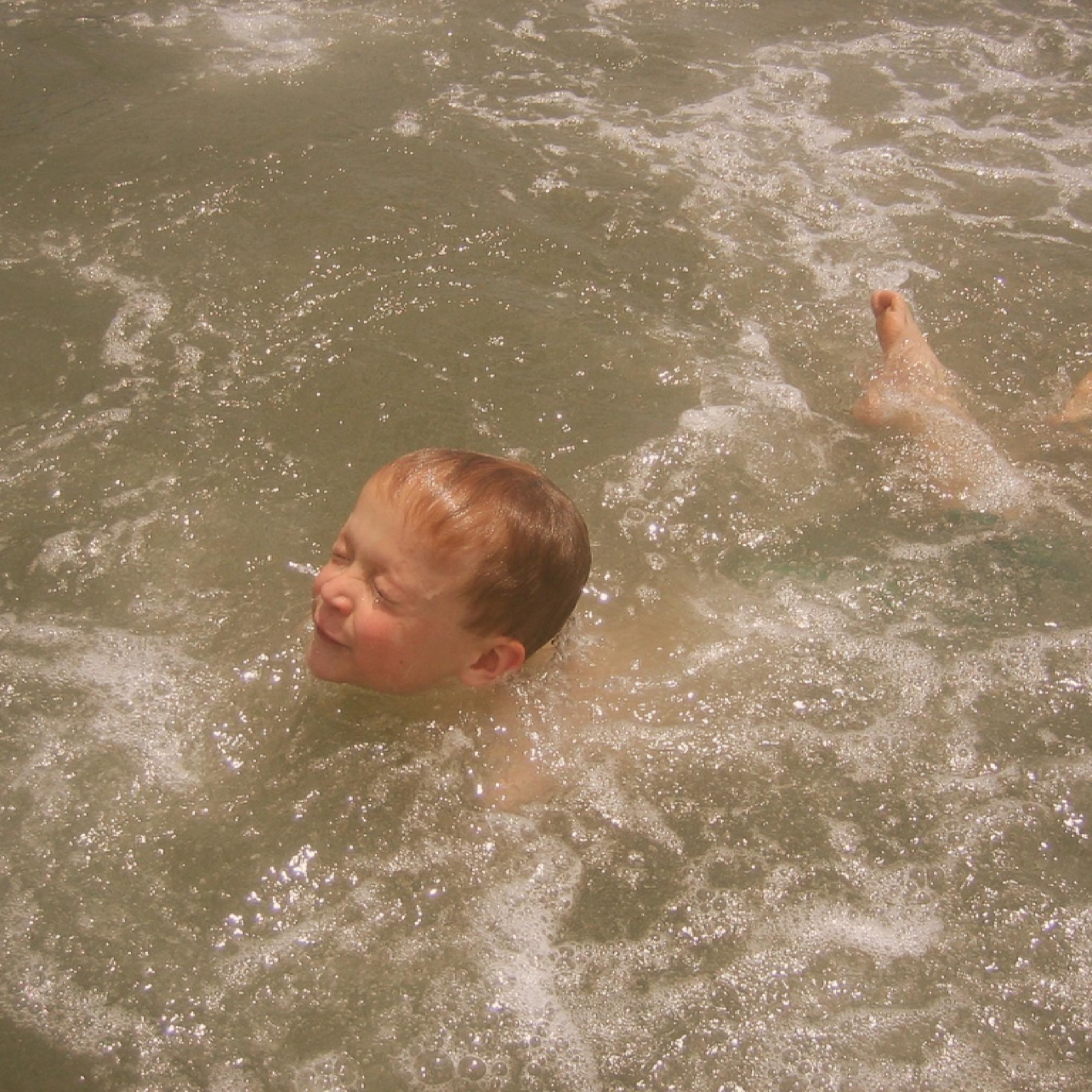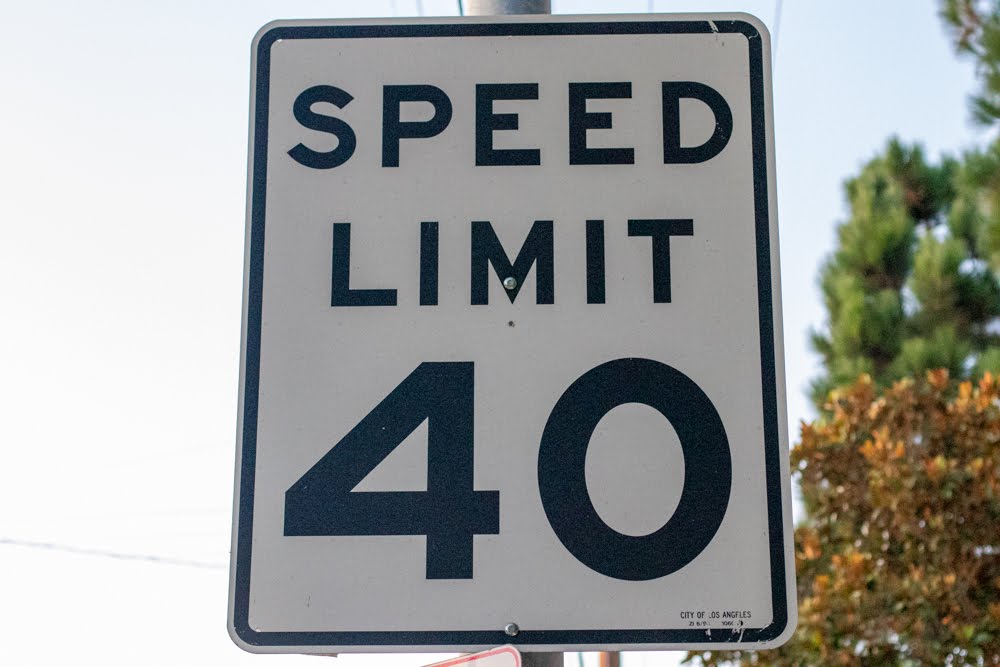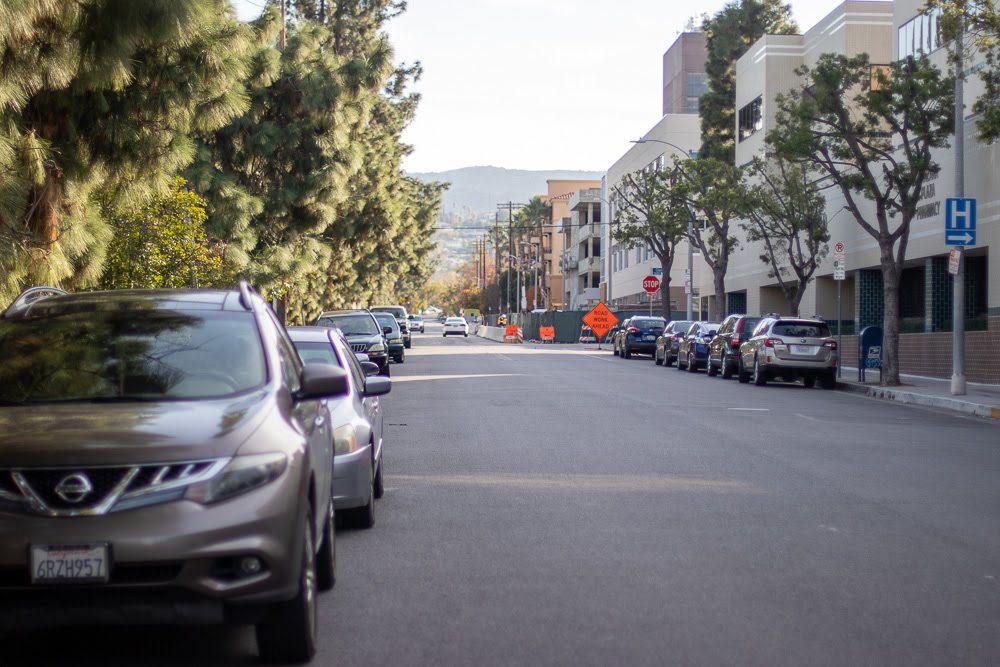WALKING AND HIKING TIPS FOR AVOIDING SLIP AND FALL INJURIES
By delivering a change of scenery and providing exercise, walking and hiking are popular pastimes in the Philadelphia and New Jersey areas. While walks and hikes are a relaxing and healthy pastime, there are safety risks related to these activities, especially treks that last for miles. Basic preparation and awareness will ensure that you minimize difficulties, such as slip and fall injuries, while you journey on foot.
Spear Greenfield has many clients who have suffered slip and fall injuries from a walk or hike. Some slip and fall injuries can be devastating and lead to lifelong difficulties. As Philadelphia slip and fall lawyers, the Spear Greenfield legal team would like to share some safety tips to use when walking or hiking, especially for a longer period of time.

1. PLAN YOUR PATH AHEAD.
This step is more important on hikes than walks but having an idea of your walking path will decrease the chance of you getting lost. According to AmericanHiking.org, many walkers and hikers do not account for the return journey when deciding the path or distance. This mistake could lead to being too tired, hot, or dehydrated for the trip back, especially if the travel route was greater than a mile in distance.
2. PREPARE FOR CHANGING WEATER.
The weather is unexpected and can always change, so be adaptive with the clothes you wear or bring. Packing a sweatshirt in case the weather turns cold or a rain jacket for an unexpected storm is always a good idea for longer walks or hikes. Also having the option to remove your sweatshirt will ensure the heat does not become overwhelming.

3. BE ALERT DURING YOUR JOURNEY.
Both walks and hikes have dangers if you’re not paying attention during the journey. When walking it is important to be alert for traffic, bikers, and other road hazards. Hiking is trickier, because hikes can have dangerous animals and plants. Through awareness, you should be able to avoid most dangers on your trek.

4. BE PREPARED FOR YOUR JOURNEY.
Preparation starts with comfortable shoes. If you’re going on a long walk, make sure you have firm but comfortable walking shoes. Hiking shoes made with proper traction and waterproof material are important to keep you hike safe and comfortable. Other important items to take on your hike or even a long walk include:
-
- Snacks
- Drinking water
- Rain gear
- Sun glasses or sunscreen
- Bright clothes
5. LET SOMEONE KNOW OF YOUR WALK AND YOUR ESTIMATED RETURN TIME.
Before leaving for a walk or hike, tell someone where you’re planning on going and the time you are planning on returning. This step is especially important prior to a hike, because if something happens during your trek, and you do not return, the person can take the necessary action.
By following the tips above, you can ensure a safe walk or hike. In an instance of a slip and fall or accident on any walk or hike, it is important to meet with a slip and fall accident attorney. In some cases, another party’s negligence may have caused your injuries. A slip and fall injury law firm can represent you and protect your best interests.
The Spear Greenfield legal team is experienced in slip and fall injury cases with a combined 200 years of experience. We can review your slip and fall accident and guide you through the next steps. Rand Spear and Spear Greenfield are here to protect your best interests, and we will never sell you short! Call us today for a free legal consultation.
Call or text (215) 985-2424 or complete a Free Case Evaluation form










